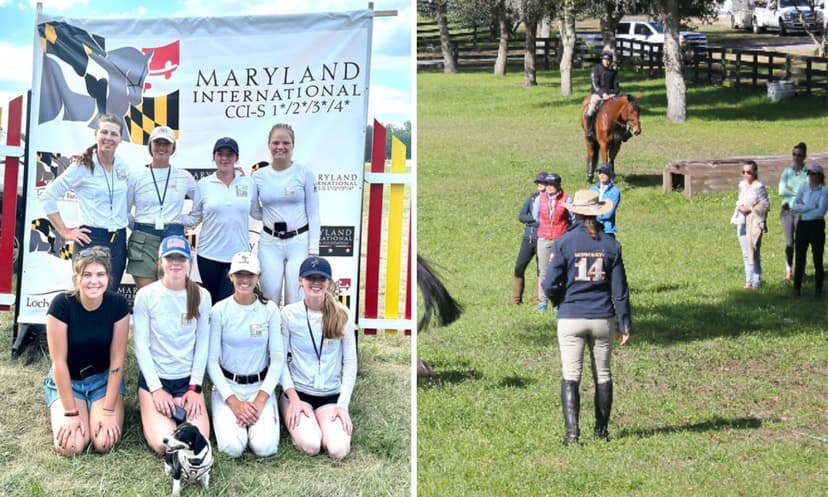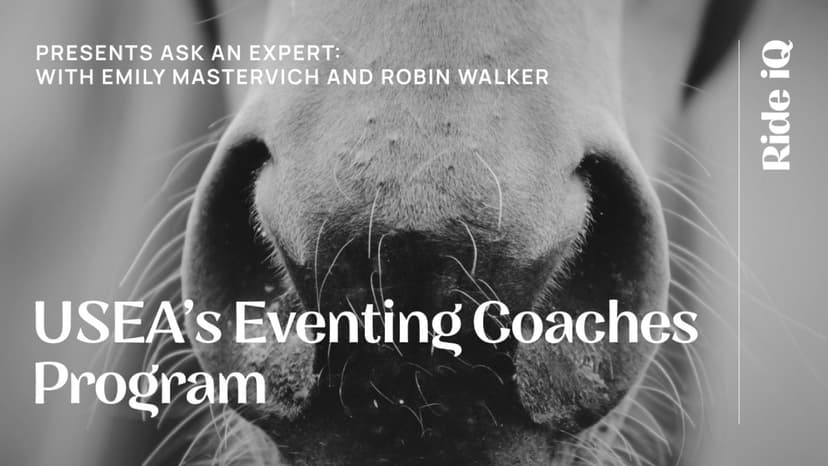2026 USEA ECP Symposium Canceled
The USEA is saddened to announce that the 2026 USEA Eventing Coaches Program (ECP) Symposium planned for Jan. 13-15 in Ocala, Florida, has been canceled due to lack of registrations.
7 Facts About the USEA Eventing Coaches Program on National Coaches Day
Happy National Coaches Day! Did you know that the USEA has a program dedicated to the education and certification of eventing coaches? The USEA Eventing Coaches Program (ECP) was designed to ensure that the sport of eventing continues to be taught at the highest standard. Whether you’re a rider l...
What to Expect at an Eventing Coaches Program Workshop
The USEA Eventing Coaches Program (ECP) exists to provide a certification program for eventing coaches.
USEA Eventing Coaches Program Launches ECP Ambassador Program in 2025
The the USEA Eventing Coaches Program (ECP) Committee is proud to introduce the ECP Ambassador Program, which will launch this summer at an event near you. The ECP Ambassador Program was created with two goals in mind: (1) to increase visibility for ECP-Certified Coaches, and (2) to improve data ...
Effective ECP Assessments: What Great Instruction Looks Like
In equestrian coaching, effective instruction goes beyond simply running through exercises—it requires thoughtful assessment, strategic prioritization, and clear communication. At an ECP assessment, we expect instructors to demonstrate an ability to observe, analyze, and tailor their teaching to ...
ECP Coach Ashley Johnson: Better Coaching for a Brighter Future
What makes a trainer qualified to coach? Could it be a master’s degree in psychology from Harvard University? A career as a five-star event rider? Being an ‘A’ rated Pony Club graduate? Getting your license as a U.S. Equestrian Federation ‘R’ judge and technical delegate for eventing?
Education for All: Why You Should Get to Know the USEA Eventing Coaches Program
Education that can benefit everyone! Whether you’re a coach, student, or parent you should get to know the USEA Eventing Coaches Program (ECP).
Ask an Expert: USEA's Eventing Coaches Program with Emily Mastervich & Robin Walker
Ask an Expert, brought to you by Ride iQ, is a live, virtual event that dives into key equestrian topics with top professionals in the sport. This week’s episode focused on the USEA Eventing Coaches Program (ECP) with special guests Emily Mastervich and Robin Walker. The duo shared insig...

























